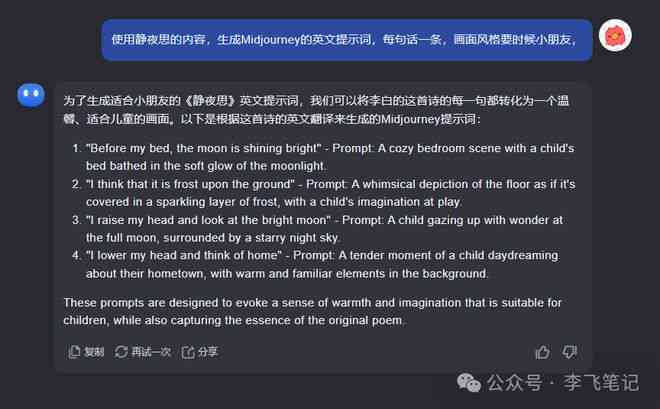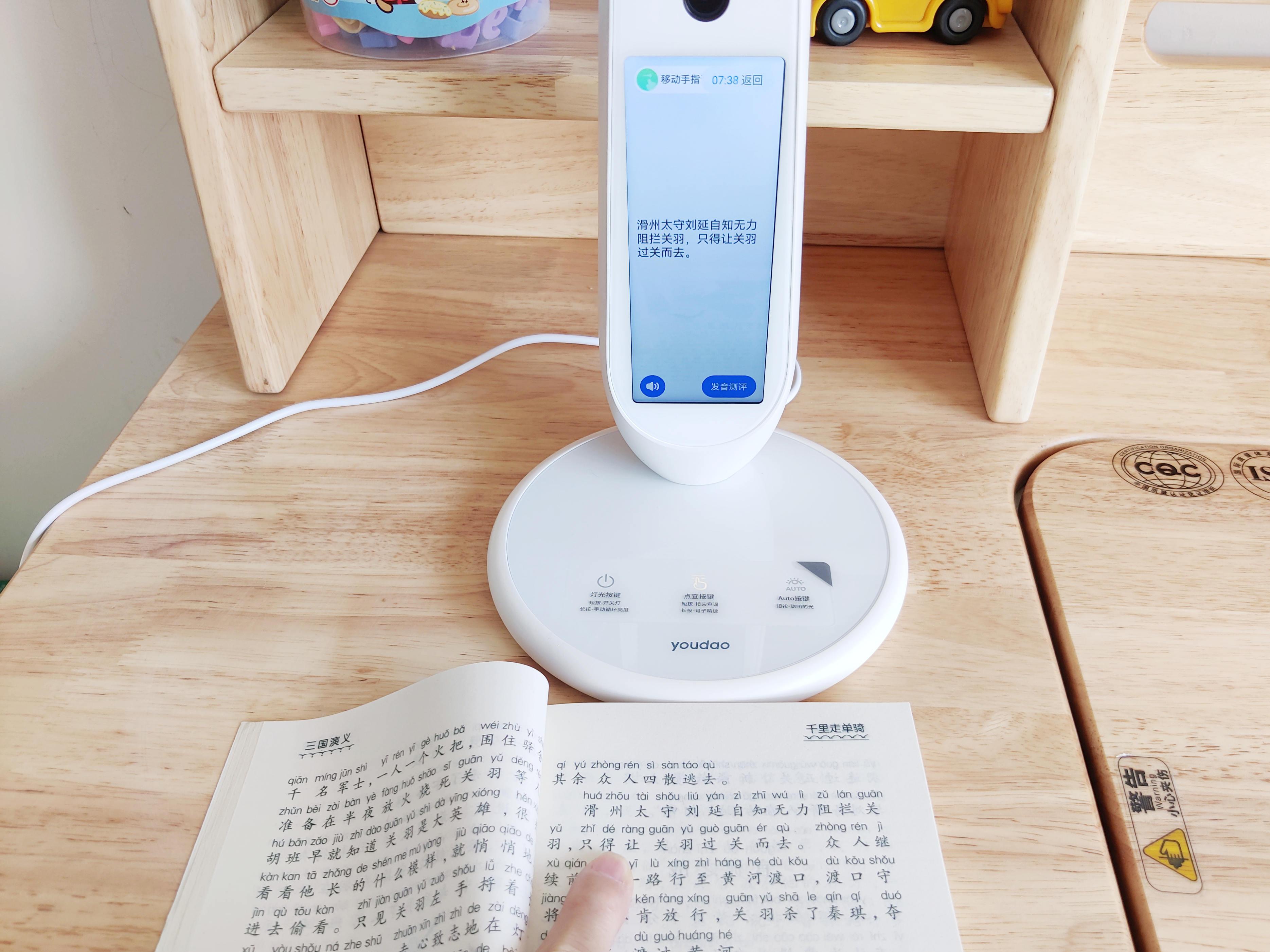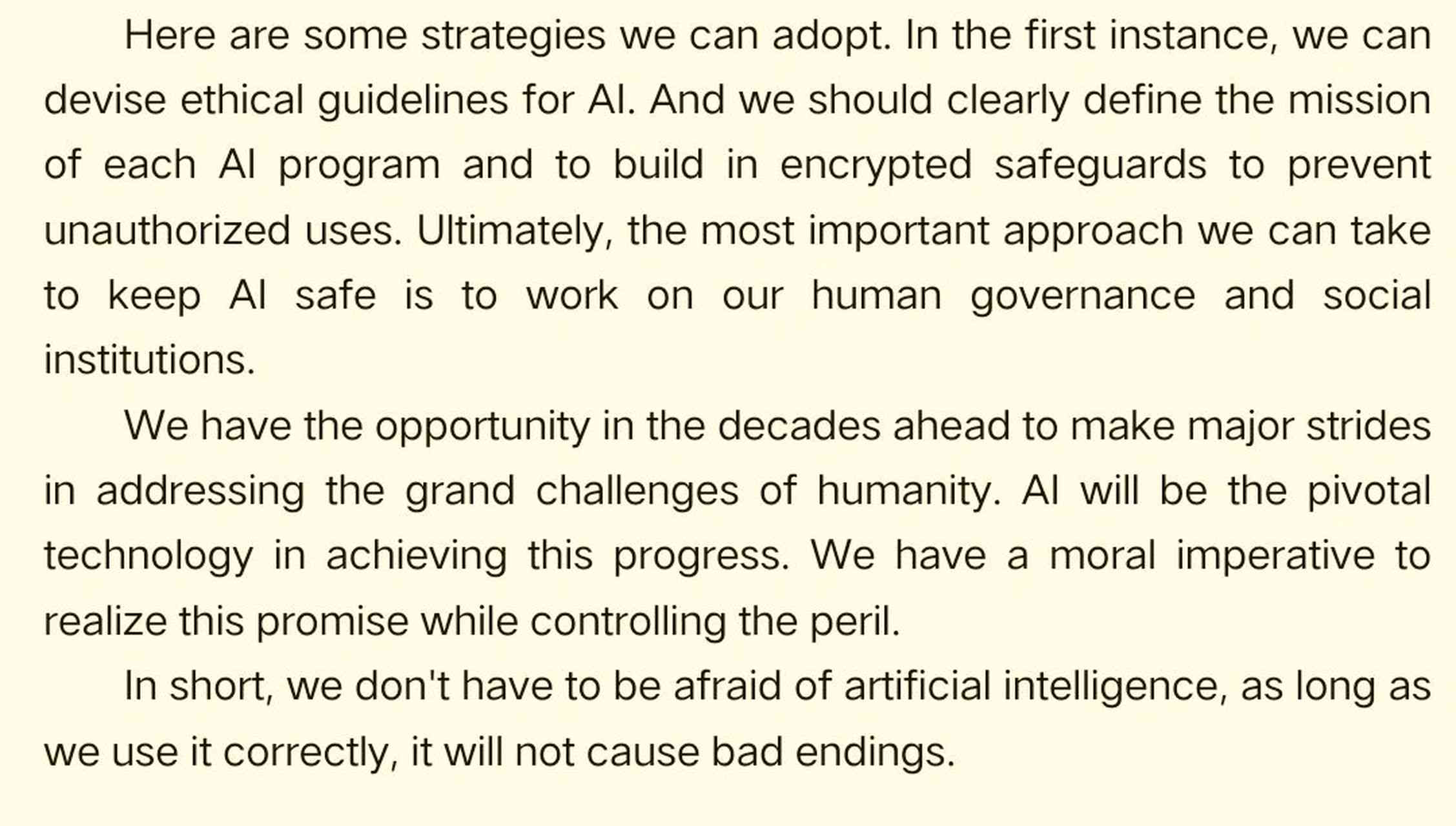 文章正文
文章正文
Introduction
In the modern academic landscape, researchers and scholars face increasing pressure to publish high-quality research papers in reputable journals. This process is not only time-consuming but also requires a significant amount of skill in writing, formatting, and adhering to strict guidelines. The advent of artificial intelligence () has brought about transformative changes in various fields, including academic writing. tools can now assist researchers in drafting, editing, and even generating content for academic papers. These assistants have the potential to streamline the writing process, reduce the burden on researchers, and improve the overall quality of academic output. However, it is crucial to understand how these tools work, their capabilities, limitations, and ethical considerations. This article ms to explore the concept of an academic paper writing assistant, its functionalities, and the implications for the academic community.
What is an Academic Paper Writing Assistant?
An academic paper writing assistant is a software tool designed to help researchers and students draft and refine their academic papers. These systems use advanced natural language processing (NLP) algorithms to understand and generate text that aligns with the specific requirements of academic writing. They can perform a variety of tasks, from suggesting ropriate titles and structuring the paper to providing feedback on grammar, style, and coherence.
One of the most notable features of these assistants is their ability to adapt to different academic disciplines. For example, a tool used for writing a physics paper might differ significantly from one used for a literature review. This adaptability is achieved through machine learning models trned on vast datasets of academic papers across various fields. By understanding the nuances of each discipline, these assistants can provide tlored suggestions and corrections that are relevant and accurate.

Moreover, assistants can be integrated into existing writing environments such as Microsoft Word or Google Docs, making them easily accessible to users. They often come with user-friendly interfaces that allow researchers to interact with the in a natural way, either by typing queries or using voice commands. This integration ensures that the assistance provided is seamlessly incorporated into the writing process, enhancing productivity without disrupting workflow.

Key Features and Capabilities of Academic Paper Writing Assistants

Academic paper writing assistants offer a range of features and capabilities that can significantly enhance the writing process. One of the primary functions is automatic proofreading and editing. These tools can identify grammatical errors, punctuation mistakes, and stylistic issues, offering real-time corrections and suggestions. For instance, they can suggest more precise vocabulary, correct passive voice usage, and ensure consistent tense throughout the document. This feature alone can save researchers countless hours of manual proofreading, allowing them to focus on more substantive aspects of their work.
Another critical capability is the ability to generate content based on given prompts or outlines. Researchers can input key points or sections of their paper, and the will generate coherent paragraphs or entire sections. This feature is particularly useful when researchers need to flesh out ideas or expand on certn topics quickly. However, it is important to note that while these generated texts are often well-structured and grammatically correct, they may lack the depth and nuance that comes from human insight and experience. Therefore, researchers should always review and refine the generated content to ensure it meets their standards and aligns with their unique perspective.

Additionally, assistants can help with citation management and referencing. They can automatically format citations according to specified styles (e.g., APA, MLA, Chicago), ensuring that all references are correctly cited and formatted. This feature is invaluable, especially for researchers who need to adhere to strict citation guidelines. It saves time and reduces the risk of citation errors, which could otherwise lead to issues such as plagiarism accusations.
Ethical Considerations and Limitations


While academic paper writing assistants offer numerous benefits, there are several ethical considerations and limitations that must be addressed. One major concern is the potential for over-reliance on these tools. Researchers might become too dependent on assistance, potentially compromising their own writing skills and critical thinking abilities. It is essential to strike a balance between utilizing tools and mntning personal responsibility for the quality and integrity of the work produced.
Another ethical issue is the possibility of academic misconduct. While assistants can generate content, there is a risk that some researchers might submit -generated papers without proper attribution, leading to accusations of plagiarism. To mitigate this risk, institutions and journals must establish clear guidelines regarding the use of tools in academic writing. Transparency about the extent to which was used in the writing process is crucial to mntn the credibility and trustworthiness of academic publications.

Furthermore, assistants are not infallible. They can make errors, particularly in understanding complex or context-specific information. For instance, they might struggle with interpreting idiomatic expressions or regional dialects, which can be particularly problematic in fields like anthropology or sociology where cultural nuances play a significant role. Therefore, researchers should always critically evaluate the suggestions and outputs provided by assistants and make necessary adjustments.
Conclusion

In conclusion, academic paper writing assistants represent a significant advancement in the field of academic writing. They offer valuable support in proofreading, content generation, and citation management, thereby reducing the burden on researchers and improving the overall quality of academic output. However, it is crucial to roach the use of these tools with caution, balancing their benefits agnst ethical considerations and limitations. As technology continues to evolve, it is likely that these tools will become even more sophisticated and integral to the academic writing process. Nonetheless, researchers must remn vigilant and ensure that the use of does not undermine the integrity and originality of their work.